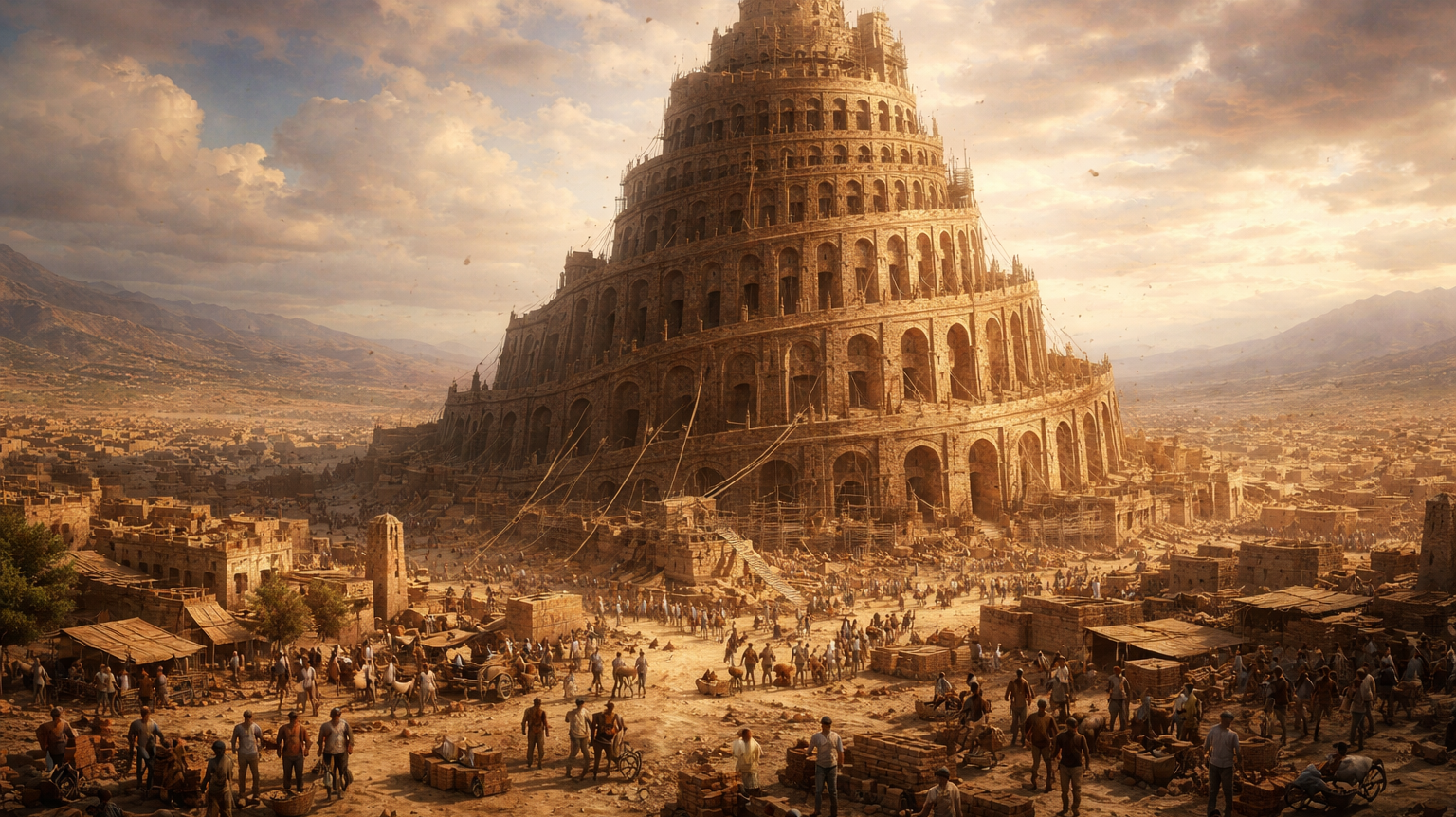The word "Messiah" carries great importance in both the Old and New Testaments. It’s a title filled with hope, promise, and power. In simple terms, the Messiah is the one chosen and sent by God to save His people. But what does that really mean in the Bible? Let’s break it down.
What Does "Messiah" Mean?
The word Messiah comes from the Hebrew word "Mashiach", which means "anointed one." In the Old Testament, kings and priests were often anointed with oil as a sign that God had chosen them for a special task (1 Samuel 10:1, Exodus 28:41).
The Greek word for Messiah is "Christos," or "Christ" in English. So when we say "Jesus Christ," we’re really saying “Jesus the Messiah.”
The Old Testament Promises a Messiah
Throughout the Old Testament, God promised to send someone special—a Savior. This person would rescue Israel, rule with justice, and bring peace to the world.
Here are a few key prophecies:
-
Isaiah 9:6
“For to us a child is born, to us a son is given...and he will be called Wonderful Counselor, Mighty God, Everlasting Father, Prince of Peace.” -
Micah 5:2
“But you, Bethlehem...out of you will come for me one who will be ruler over Israel.” -
Jeremiah 23:5
“The days are coming...when I will raise up for David a righteous Branch, a King who will reign wisely.”
Jesus Fulfilled the Role of Messiah
In the New Testament, we see how Jesus fulfills these Old Testament promises. He was born in Bethlehem (Matthew 2:1), healed the sick, preached good news, and brought people back to God. He even called Himself the Messiah.
-
John 4:25-26
“The woman said, ‘I know that Messiah’ (called Christ) ‘is coming.’ Then Jesus declared, ‘I, the one speaking to you—I am he.’” -
Luke 4:17-21
Jesus read from the prophet Isaiah and said, “Today this Scripture is fulfilled in your hearing.”
Even though many were expecting a political ruler, Jesus came to bring a different kind of kingdom—one built on grace, truth, and eternal life.
Why the Messiah Matters
The Messiah isn’t just a title. It represents hope. In a broken world, people needed someone who could fix what was wrong—sin, death, and separation from God.
Jesus did that through His death and resurrection.
-
Isaiah 53:5
“But he was pierced for our transgressions...and by his wounds we are healed.” -
John 3:16
“For God so loved the world that he gave his one and only Son, that whoever believes in him shall not perish but have eternal life.”
Jesus came as the Messiah to save us—not just from earthly troubles, but from eternal separation from God.
Names and Titles of the Messiah
The Bible uses many names to describe the Messiah. Each one shows a part of His role and mission:
| Title | Meaning | Scripture Reference |
|---|---|---|
| Son of God | Divine relationship with the Father | Matthew 3:17 |
| Son of Man | Humble, yet given authority by God | Daniel 7:13-14, Matthew 26:64 |
| Lamb of God | Sacrifice for our sins | John 1:29 |
| King of Kings | Supreme ruler over all | Revelation 19:16 |
| Emmanuel | “God with us” | Matthew 1:23 |
The Messiah in the Future
Jesus came once as the suffering servant. But the Bible also says He will come again as the conquering King.
-
Revelation 22:12
“Look, I am coming soon! My reward is with me.” -
Acts 1:11
“This same Jesus...will come back in the same way you have seen him go into heaven.”
So, the story of the Messiah isn’t finished. His return will bring final victory over sin, death, and evil.
Summary Table: The Meaning of Messiah in the Bible
| Aspect | Explanation |
|---|---|
| Hebrew Meaning | Mashiach – “Anointed One” |
| Greek Equivalent | Christos – “Christ” |
| Old Testament Role | Promised deliverer and ruler from David’s line |
| Fulfillment in Jesus | Born in Bethlehem, suffered for sin, rose again, offers eternal life |
| Ongoing Hope | Jesus will return as King to bring full peace and judgment |
























